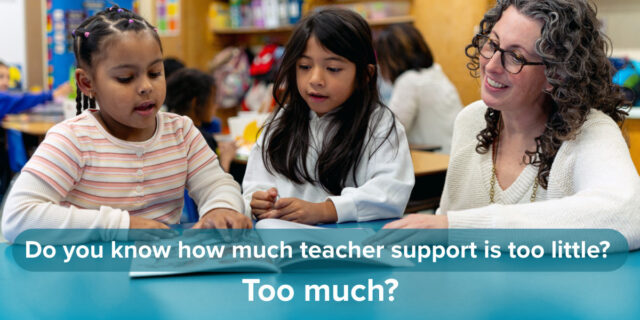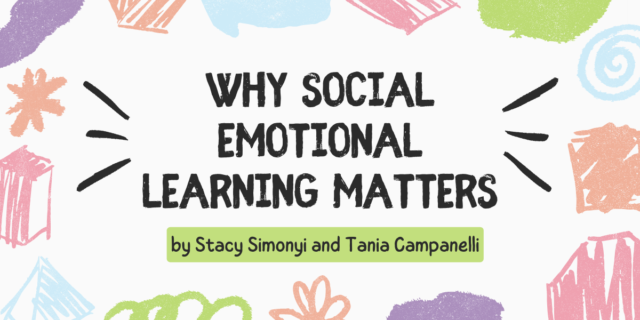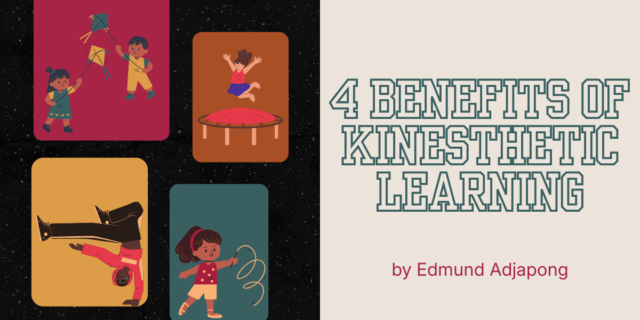 Lester L. Laminack is Professor Emeritus at Western Carolina University in Cullowhee, North Carolina where he received two awards for excellence in teaching. Lester is now a full-time writer and consultant working with schools throughout the United States and abroad. He is an active member of the National Council of Teachers of English and has served three years as coeditor of the NCTE journal Primary Voices and as editor of the Children’s Book Review Department of the NCTE journal Language Arts (2003–2006). He also served as a teaching editor for the magazine Teaching K–8 and wrote the Parent Connection column (2000–2002). He is a former member of the Whole Language Umbrella Governing Board, the Governing Board and Secretary of the North Carolina Association for the Education of Young Children, and the Board of Directors for the Center for the Expansion of Language and Thinking. He served as the Basic Reading Consultant to Literacy Volunteers of America from 1987 through 2001 and is a former member of the Board of Directors of Our Children’s Place. Lester has served as editor (2017) of the Writing Department for the ILA Journal Reading Teacher.
Lester L. Laminack is Professor Emeritus at Western Carolina University in Cullowhee, North Carolina where he received two awards for excellence in teaching. Lester is now a full-time writer and consultant working with schools throughout the United States and abroad. He is an active member of the National Council of Teachers of English and has served three years as coeditor of the NCTE journal Primary Voices and as editor of the Children’s Book Review Department of the NCTE journal Language Arts (2003–2006). He also served as a teaching editor for the magazine Teaching K–8 and wrote the Parent Connection column (2000–2002). He is a former member of the Whole Language Umbrella Governing Board, the Governing Board and Secretary of the North Carolina Association for the Education of Young Children, and the Board of Directors for the Center for the Expansion of Language and Thinking. He served as the Basic Reading Consultant to Literacy Volunteers of America from 1987 through 2001 and is a former member of the Board of Directors of Our Children’s Place. Lester has served as editor (2017) of the Writing Department for the ILA Journal Reading Teacher.
Lester's academic publications consist of several books including Learning with Zachary (Scholastic), Spelling in Use (NCTE), Volunteers Working with Young Readers (NCTE), and his contributions to The Writing Workshop: Working Through the Hard Parts (NCTE), Learning Under the Influence of Language and Literature (Heinemann), Reading Aloud Across the Curriculum (Heinemann), Climb Inside a Poem (Heinemann), Cracking Open the Author’s Craft (Scholastic), Unwrapping the Read Aloud (Scholastic), Bullying Hurts: Teaching Kindness Through Read Alouds and Guided Conversations (Heinemann), The Writing Teacher’s Troubleshooting Guide (Heinemann), and Writers ARE Readers: Flipping Reading Strategies into Writing Instruction (Heinemann).
Lester currently lives in Dillsboro, NC and Asheville, NC with his husband Steve and their two dogs, Bailey and Sora. They are the proud grandparents of an adorable little girl named Everette. You can connect with Lester on his website, LesterLaminack.com, or on Twitter at @Lester_Laminack
 Katie Kelly is an Associate Professor of Education and Coordinator of the Literacy Graduate Program at Furman University in Greenville, South Carolina where she teaches literacy methods for elementary learners, literacy assessment and instruction, and practicum with an emphasis on literacy coaching. As a former elementary teacher and literacy coach, Katie’s teaching and research interests include teacher preparation and development in the area of engaging literacy instructional practices with emphasis on children’s literature, diversity, inclusion, and social justice. She examines ways to engage diverse learners through culturally relevant practices that value all individuals while fostering compassionate global citizens who advocate for social justice and equality. Additionally, Katie is interested in exploring ways to integrate technology to mediate literacy practices to prepare today’s global learners.
Katie Kelly is an Associate Professor of Education and Coordinator of the Literacy Graduate Program at Furman University in Greenville, South Carolina where she teaches literacy methods for elementary learners, literacy assessment and instruction, and practicum with an emphasis on literacy coaching. As a former elementary teacher and literacy coach, Katie’s teaching and research interests include teacher preparation and development in the area of engaging literacy instructional practices with emphasis on children’s literature, diversity, inclusion, and social justice. She examines ways to engage diverse learners through culturally relevant practices that value all individuals while fostering compassionate global citizens who advocate for social justice and equality. Additionally, Katie is interested in exploring ways to integrate technology to mediate literacy practices to prepare today’s global learners.
Katie is widely published in several peer-reviewed journals including The Reading Teacher, Voices from the Middle, Reading Horizons, Literacy Research and Instruction, and Journal of Digital Learning in Teacher Education. She coauthored two books: Smuggling Writing: Strategies that Get Students to Write Every Day, in Every Content Area (3–12) (Corwin) and From Pencils to Podcasts: Digital Tools to Transform K–12 Literacy Practices (Solution Tree).
Katie currently lives in Greenville, South Carolina with her rescue dog, Mollie. You can connect with her on Twitter at @ktkelly14





